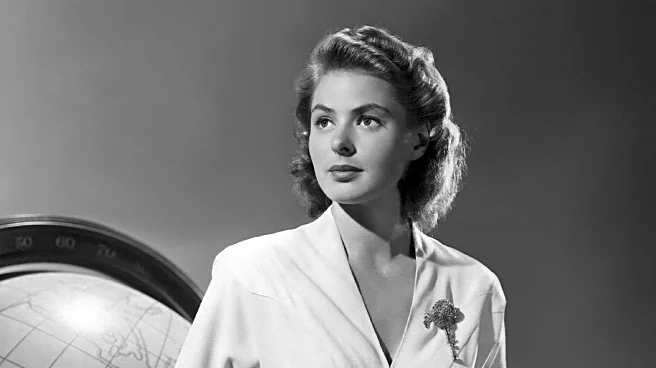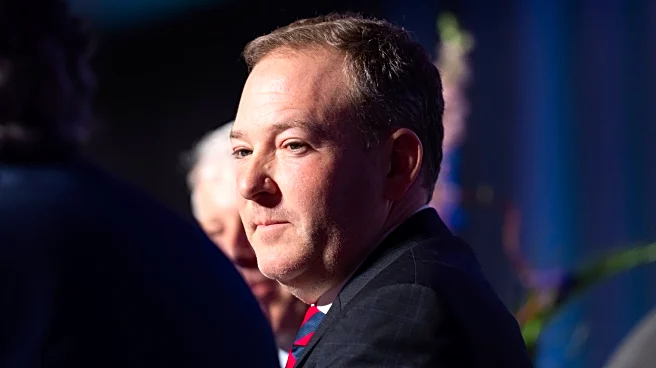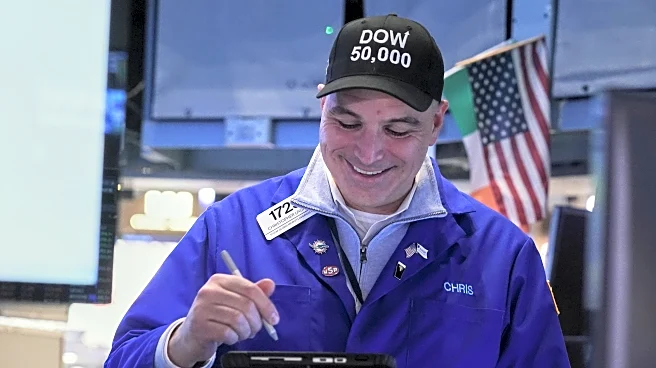What's Happening?
The inaugural Riyadh Comedy Festival, billed as the largest comedy festival globally, is taking place from September 26 to October 9, featuring prominent US comedians such as Dave Chappelle, Louis CK, Bill Burr, Kevin Hart, and others. The festival is organized by Sela, a company owned by Saudi Arabia's sovereign wealth fund, and the General Entertainment Authority, chaired by Turki al-Sheikh. Despite the festival's grandeur, it has attracted criticism from Human Rights Watch and other commentators who argue that the event serves as a means for the Saudi government to whitewash its human rights abuses. Comedians participating in the festival have faced backlash for accepting money from a regime accused of repressing free speech and other human rights violations.
Why It's Important?
The participation of US comedians in the Riyadh Comedy Festival highlights the ongoing debate about the ethical responsibilities of entertainers when engaging with regimes accused of human rights violations. This situation underscores the tension between financial incentives and moral convictions, as some comedians have openly admitted to prioritizing monetary gain over ethical concerns. The festival's criticism also reflects broader issues regarding the use of cultural events to improve the international image of countries with controversial human rights records. The decision of these comedians to perform in Saudi Arabia may impact their reputations and influence public perceptions of the entertainment industry's role in addressing global human rights issues.
What's Next?
As the festival continues, it remains to be seen how the participating comedians will respond to the criticism and whether they will address the ethical concerns raised by their involvement. The backlash may prompt discussions within the entertainment industry about the responsibilities of artists when engaging with regimes accused of human rights abuses. Additionally, the festival's outcome could influence future decisions by entertainers regarding participation in events hosted by controversial governments. Stakeholders, including human rights organizations and the comedians' fan bases, may continue to voice their opinions, potentially affecting the comedians' future engagements and public image.
Beyond the Headlines
The controversy surrounding the Riyadh Comedy Festival raises questions about the role of cultural diplomacy and the ethical considerations of artists in international contexts. It highlights the complexities of balancing artistic freedom with moral accountability, especially when financial incentives are involved. The situation also prompts a reevaluation of the entertainment industry's influence on global perceptions of human rights and the potential for cultural events to serve as platforms for political and social change. As comedians navigate these challenges, their decisions may contribute to broader discussions about the intersection of art, ethics, and international relations.










